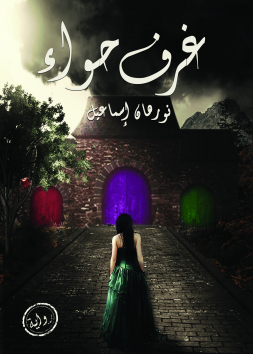In the context of looking at the rich historical models of the Islamic Caliphate states over fourteen centuries, it was necessary to study and analyze five major experiences; to monitor the values, systems, and institutions they provided, to understand the strengths and weaknesses of these states, and to show the most important active civilizational forces in them. The first three major experiences were addressed in the first part of the book Political Systems in Islamic History; namely: the Rightly-Guided Caliphate during the Prophetic Era, the Umayyad Caliphate, and up to the Abbasid Caliphate. This second part deals with two of the most important historical political experiences of Muslims; namely: the Andalusian and Ottoman states; in order to complete the study of the pre-nation-state stage in the history of Muslim political systems; at the heart of which: the Arabs. The two books (Parts One and Two) form an organic study unit that complements each other, not only because they address the experiences of the five major Islamic caliphate states, or because they use the civilizational perspective to understand and interpret the political systems of these states, but more importantly, they share in monitoring the historical experiences of the caliphate as a comprehensive civilizational unit, even if each experience differed in some data and circumstances. They all shared - identity and legislation - in relying on the ruling Islamic reference. From this standpoint, the practices of the political systems and the reasons for the strength or weakness of these states are evaluated; based on the extent of their proximity or distance from applying and activating this reference. To understand the political experiences in these five states, the trilogy (institutions - functions - powers) was relied upon, paying attention to the importance of cultural variables; most notably: belonging in thought and practice to the concept of the Islamic nation, even if it is achieved in varying ways and degrees. Therefore, social history was not excluded, but rather it was used - whenever possible - to gain a more accurate understanding of the course of political interactions, people's lives and their roles under the Caliphate states, under whose banner diverse peoples and societies were gathered. ************* 636 Pages.












